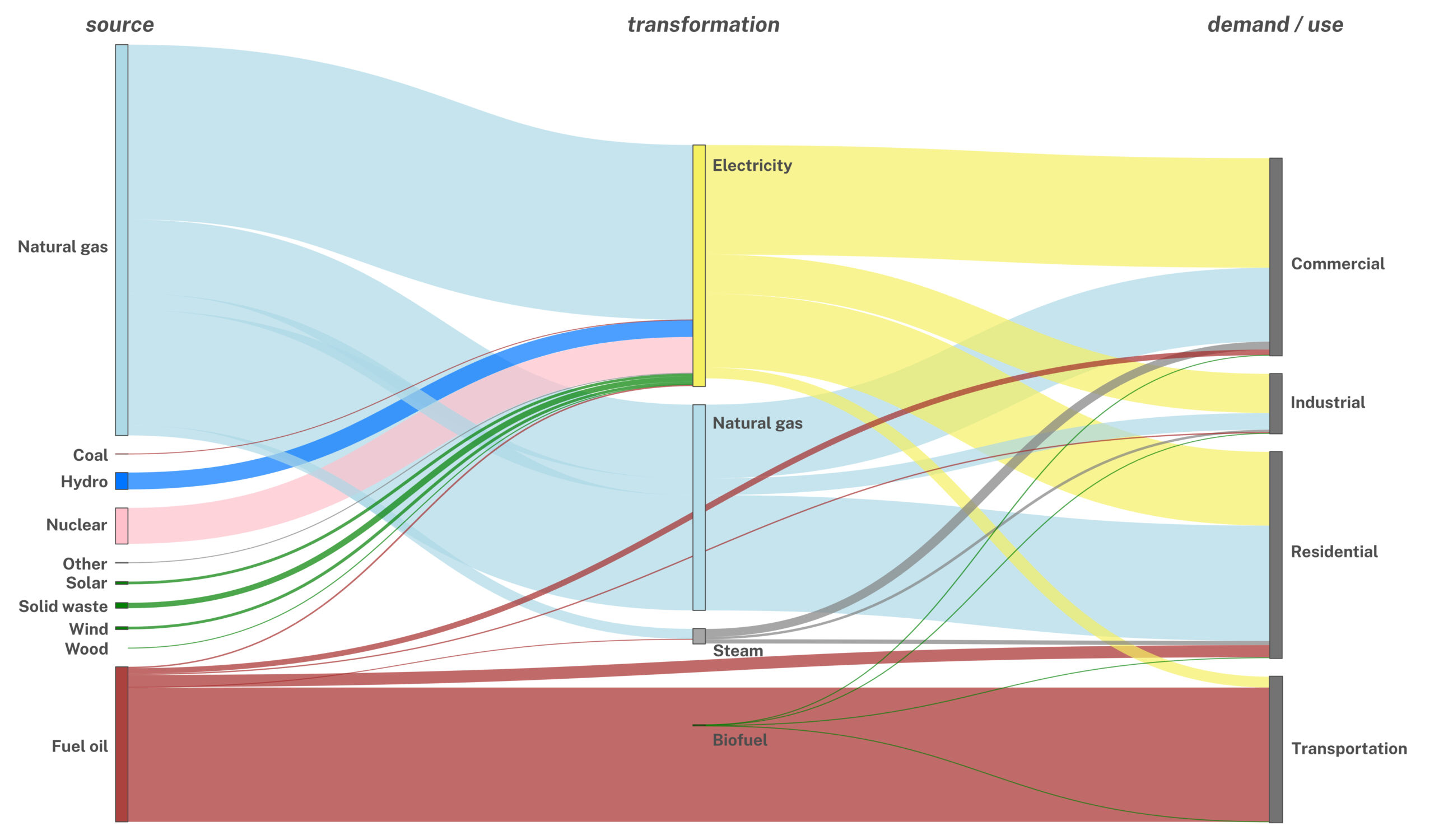In New York City (NYC), energy insecurity disproportionately affects those marginalized by poverty, discrimination, and structural neglect due to histories of segregation and redlining.
This NPCC4 chapter provides an overview of energy trends in NYC and New York State, the challenges and barriers to a clean energy transition, and the implications for human health and wellbeing. It defines energy insecurity as the inability to meet energy needs essential for health and wellbeing, as well as the stresses involved in trying to meet those needs.

The chapter describes the current landscape of NYC’s current energy production and use and illustrates the unequal burden that energy insecurity places on marginalized communities within the city.
It discusses how the energy transition away from fossil fuel sources, one strategy necessary to combat the effects of climate change on NYC, should consider how the transition may impact energy insecurity among city residents: limiting the potential impacts to reliability and inequitable access while also focusing on improving efficiency and lowering emissions intensity (e.g., Local Law 97).
Finally, the chapter describes strategies that may be employed to help create a just energy transition and points to opportunities for future research on specific health, economic, and social energy insecurity impacts.
Photo Credit: Civilian Climate Corps, Staten Island: BlocPower, City of New York Mayor’s Office of Climate and Environmental Justice
